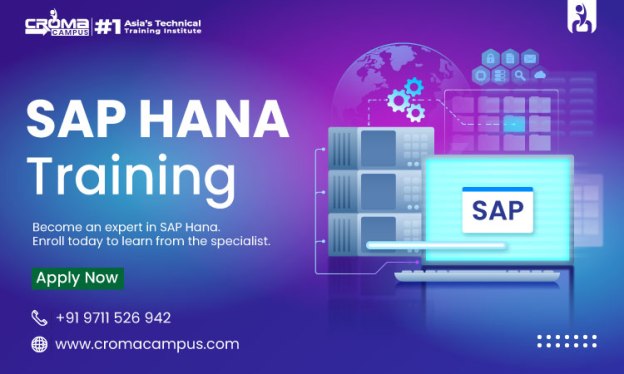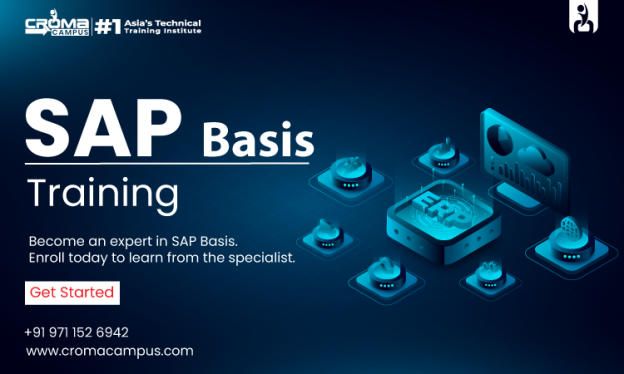In SAP environments, SAP BASIS is the module responsible for managing the Source application business intelligence system.
The technical component of SAP dedicated to managing SAP systems is called SAP BASIS. In this article, we’ll look at some excellent job options that follow the completion of a SAP BASIS course as well as some benefits.
Career Opportunities
If we understand and analyse the SAP Future Scope, we get a few top career opportunities that students might be interested in.
- SAP BASIS Administrator: As a BASIS administrator, you will be holding the operational duties of ensuring that the SAP systems run smoothly and that there is no system overload, downtimes, or any problems.
- SAP BASIS Consultant: As to the SAP implementation projects, BASIS consults will provide advice and guide the clients to reach the best solutions. They take SAP landscapes engineered environment based on the company needs and requirements as well as SAP methodologies into account.
- SAP BASIS Architect: BASIS architects undertake the SAP infrastructure design and thus plan the system landscape of the organizations. The infrastructure components such as the sizing of servers, high availability, disaster recovery, and scalability must be considered.
- SAP Basis Technical Lead: The technical leads of BASIS manage project teams, both technically and as mentors while providing technical training and leadership through the project cycle.
- SAP BASIS Security Specialist: Tighten an SAP system security is the specialist’s main goal which includes installation and management of the security measures to defend data from theft or unauthorized access.
- SAP BASIS Performance Tuning Specialist: The function of performance tuning professionals is the optimization of the SAP systems performance utilizing localization and resolution of efficiency bottlenecks, and customization of system parameters.
- SAP BASIS Upgrade and Migration Consultant: SAP specialists can offer you a great deal of assistance because they can upgrade your SAP systems to the latest versions or move them to different platforms such as hardware or cloud platforms.
Advantages of taking SAP BASIS Training
Now that you understand the basics of SAP BASIS Course, let’s explore why pursuing training in SAP BASIS is beneficial:
- Career Advancement: SAP BASIS skills remain one of the high-demand target areas for employers in industries that are using SAP packages as part of business operations.
- Industry Recognition: SAP BASIS required certification is administered and recognized by employers everywhere for its SAP technology minuteness which stands as a worldly standard.
- Job Stability: The rising popularity of SAP BASIS operatives is felt in industries and all over the world. One of the greatest qualities of the position is stability and confidence as the job market is becoming more competitive.
Conclusion
In short words, these SAP BASIS courses enable one to access interesting professions in service of SAP administration and technical positions. So why wait? Your SAP BASIS training journey starts right now! All you need to do is to just unlock the doors to amazing career opportunities and the growth of your career.





